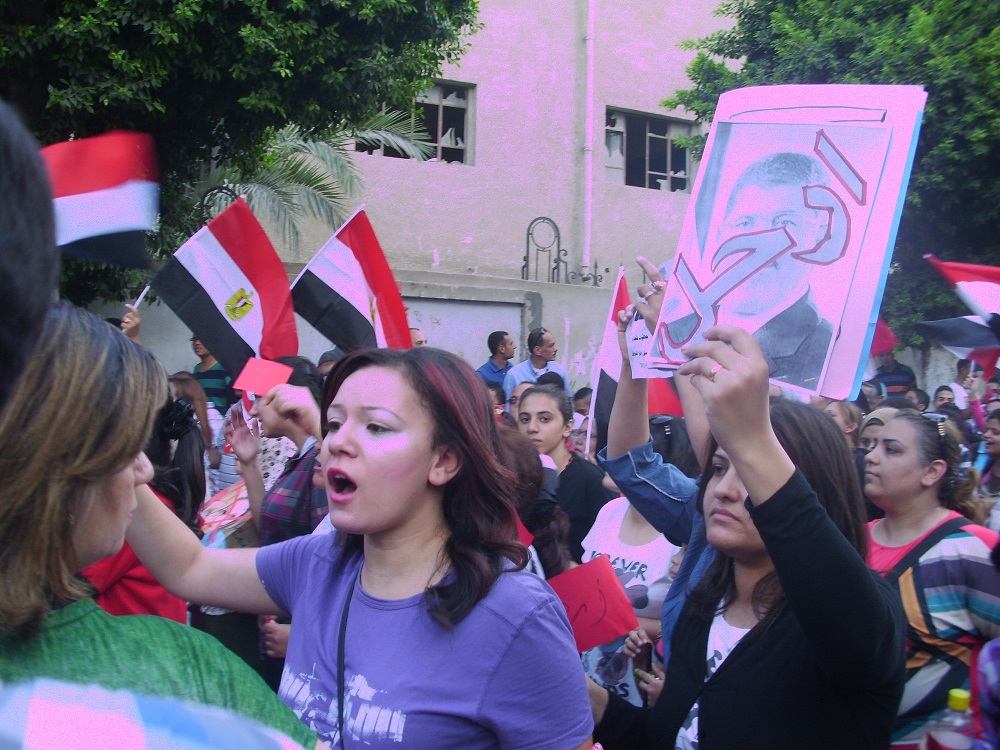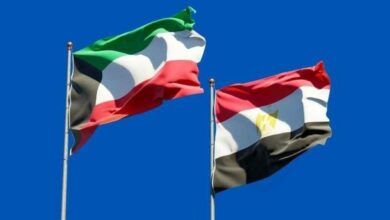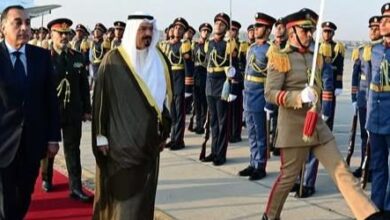
Kuwait has sent two oil tankers carrying crude and diesel worth $200 million to Egypt, a Kuwaiti newspaper said on Sunday, part of a $4 billion aid package pledged by the Gulf Arab state last week after the ouster of Islamist President Mohamed Morsy.
Kuwait last week joined other oil-producing Gulf states in pledging a massive aid package worth $12 billion to Egypt in a show of support after the army toppled the Muslim Brotherhood government. Most U.S.-allied Gulf monarchies regard the Brotherhood as a threat.
Kuwait's Arabic-language al-Rai newspaper quoted oil sources as saying that an oil tanker carrying between 90,000 and 100,000 tons of diesel that happened to be travelling through the Suez Canal was diverted to Egypt. A second tanker with 1.1 million barrels of crude was ordered to sail towards Egypt, it said.
The newspaper estimated the value of the cargo on each ship at $100 million.
Kuwaiti officials were not immediately available to comment on the report.
The state news agency KUNA said last week that Kuwait's aid package would comprise a $2 billion central bank deposit, a $1 billion grant and $1 billion in oil products. It did not say when the aid would be delivered.
Saudi Arabia and the United Arab Emirates had earlier pledged a total of $8 billion in aid to Egypt.
The rise of Morsy's Muslim Brotherhood in Egypt since 2011 had unsettled most Gulf Arab states, including the UAE, which feared it would embolden Islamists at home.
Morsy became president a year ago in Egypt's first freely contested election but was ousted by the military after mass protests against his rule, which critics said was marked by creeping authoritarianism and mismanagement of the economy.
Kuwait has in the past coordinated policy with Saudi Arabia and the UAE by pledging financial aid for Gulf neighbors hit by social unrest such as Bahrain and Oman, but also Arab states further afield such as Morocco and Jordan.
The aid to Egypt from the three Gulf Arab oil producers is expected to help Cairo avoid a balance of payments crisis and overcome fuel shortages that were partly responsible for increasing public anger towards Morsy.
It will also ease pressure on Cairo to conclude long-running talks with the International Monetary Fund on a $4.8 billion loan. However, a widening fiscal gap and political turmoil following Morsy's toppling last week will remain a pressing challenge for Egyptian authorities, analysts said.
Qatar lent Egypt more than $7 billion during Morsy's year in power but other Gulf states remained aloof, wary of the Muslim Brotherhood's potential influence in their own conservative, dynastically ruled countries.




